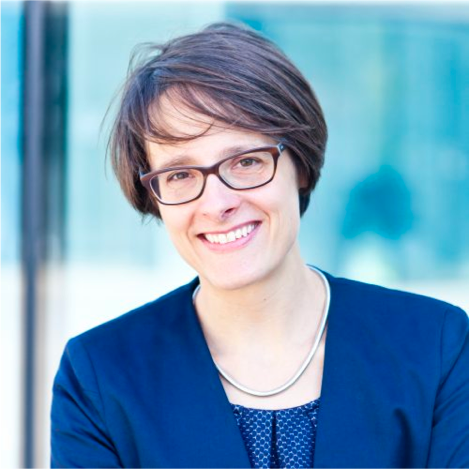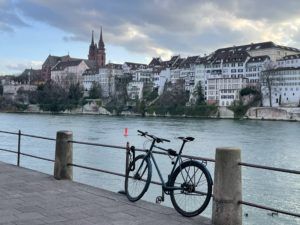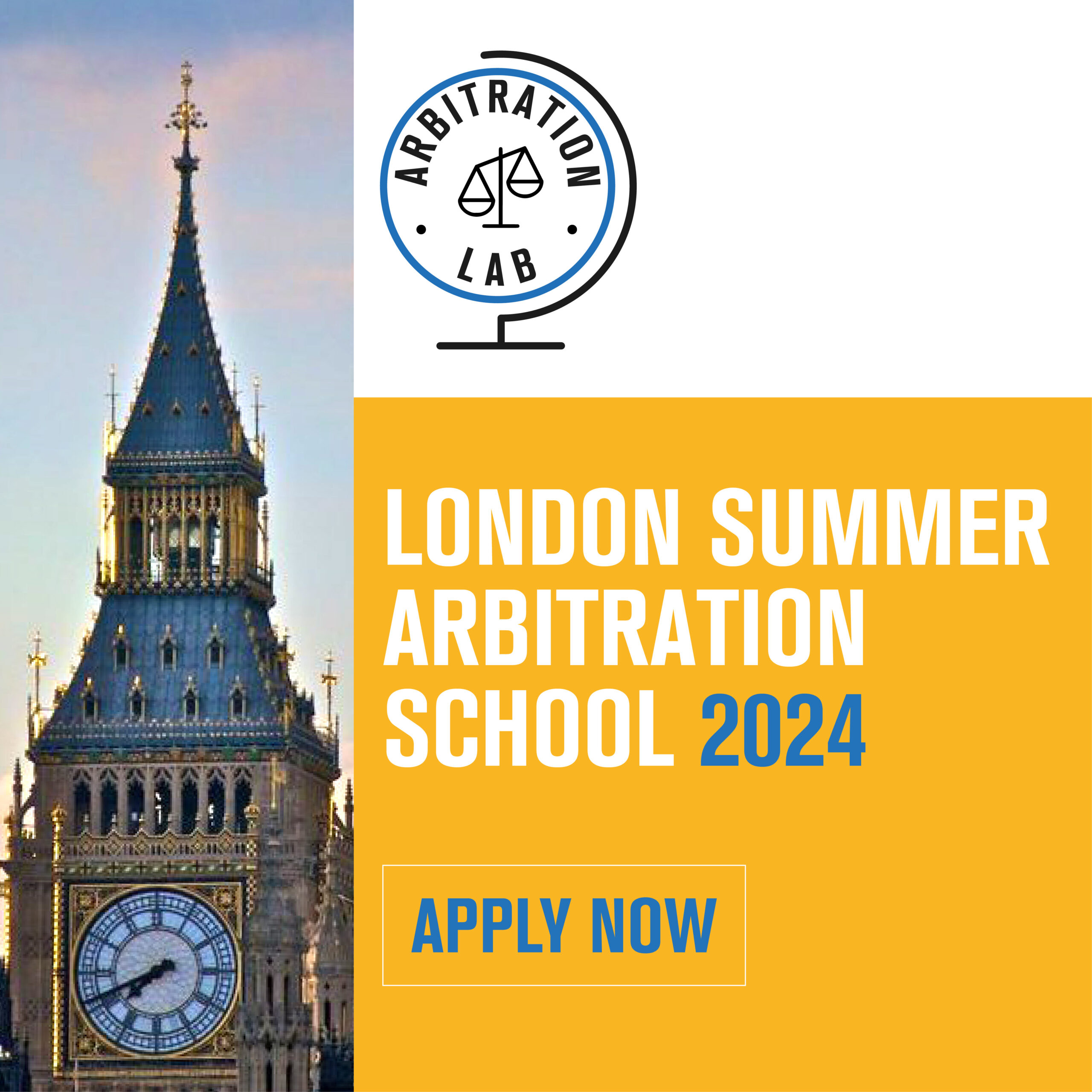
The diverse range of arbitration mechanisms and the increasing complexity of arbitration as a method of dispute resolution require knowledge and skills, which are typically not a part of any traditional university curriculum. This Diploma in International Arbitration, available in in-person and online formats, provides essential practical training.
The programme introduces transversal arbitration topics (enforcement, relations with domestic courts, etc.) and specific arbitration frameworks (commercial, sports, commodifies, maritime, etc). The students will acquire new practical skills and benefit from networking opportunities.
The programme stands out on the market not only because of the range of arbitration frameworks covered but also because of the direct engagement of top practitioners, academics and representatives of arbitral institutions in teaching. It includes innovative teaching techniques as well as networking opportunities.






